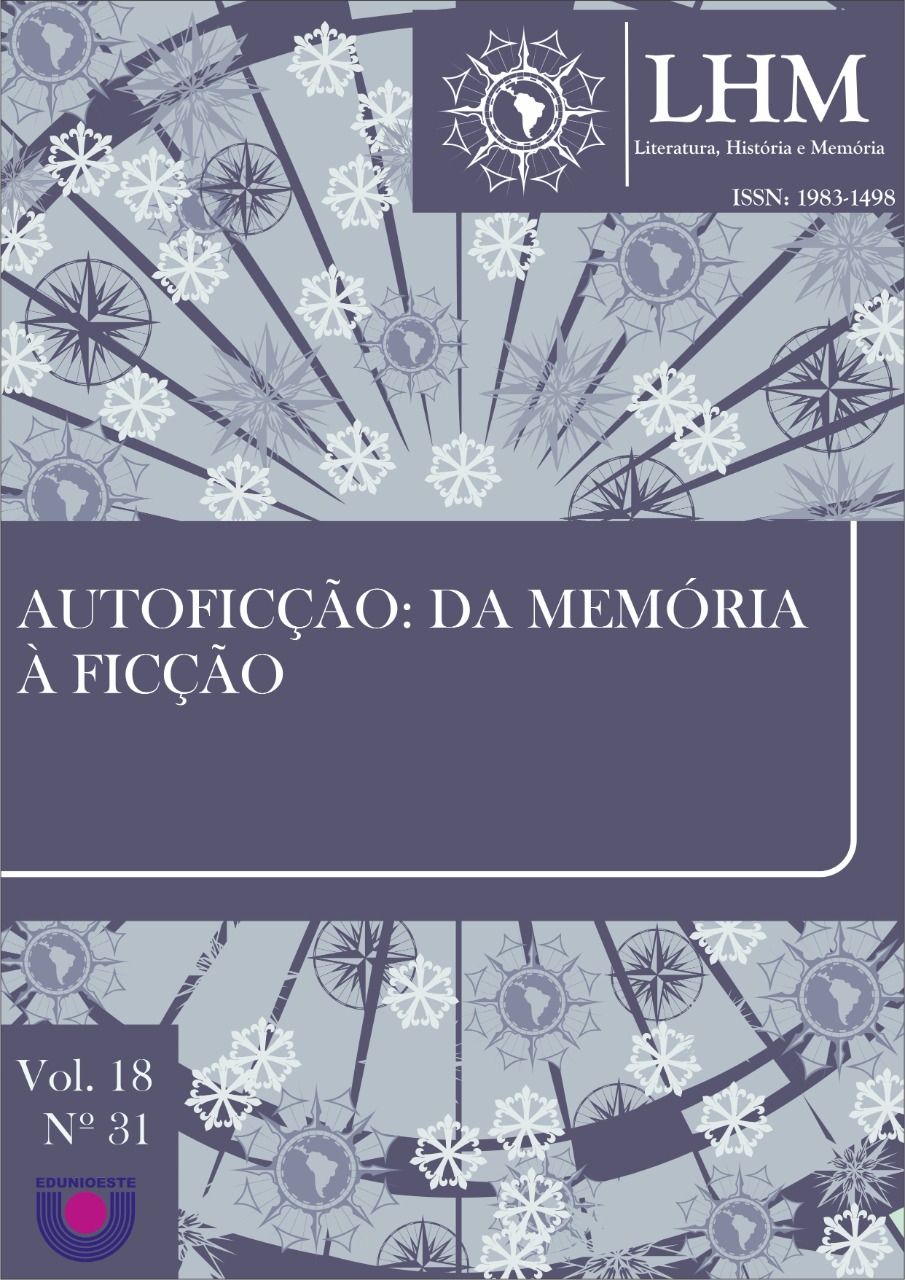Linguagem, tradição e revolta
Jorge Amado e os modernismos
DOI:
https://doi.org/10.48075/rlhm.v18i31.27518Palavras-chave:
Jorge Amado, literatura brasileira, modernismoResumo
O presente artigo tem o objetivo de discutir as relações do romancista Jorge Amado com os enunciados e discursos sociais dos anos 1920 e 1930 no Brasil, a partir, principalmente, de um dos seus romances: o Jubiabá (1935). Importa compreender as relações de sentido entre os enunciados que emergem de sua obra e projeto literário e aqueles de dois dos principais movimentos culturais do período: o Regionalismo Nordestino e o Modernismo Paulista. Além disso, por intermédio da comparação com o Macunaíma, romance de Mario de Andrade (2017a), buscar-se-á refletir sobre as concordâncias e distanciamentos tanto no plano estético quanto no político com relação àqueles movimentos e ao contexto cultural mais amplo do Brasil, que motivam e emergem da escritura da obra amadiana em seus anos de amadurecimento e formação.
Downloads
Publicado
Como Citar
Edição
Seção
Licença
Copyright (c) 2022 Revista de Literatura, História e Memória

Este trabalho está licenciado sob uma licença Creative Commons Attribution-NonCommercial-ShareAlike 4.0 International License.
Aviso de Direito Autoral Creative Commons
Política para Periódicos de Acesso Livre
Autores que publicam nesta revista concordam com os seguintes termos:
1. Autores mantém os direitos autorais e concedem à revista o direito de primeira publicação, com o trabalho simultaneamente licenciado sob a Licença Creative Commons Attribution que permite o compartilhamento do trabalho com reconhecimento da autoria e publicação inicial nesta revista.2. Autores têm autorização para assumir contratos adicionais separadamente, para distribuição não-exclusiva da versão do trabalho publicada nesta revista (ex.: publicar em repositório institucional ou como capítulo de livro), com reconhecimento de autoria e publicação inicial nesta revista.
3. Autores têm permissão e são estimulados a publicar e distribuir seu trabalho online (ex.: em repositórios institucionais ou na sua página pessoal) a qualquer ponto antes ou durante o processo editorial, já que isso pode gerar alterações produtivas, bem como aumentar o impacto e a citação do trabalho publicado (Veja O Efeito do Acesso Livre).
Licença Creative Commons
Esta obra está licenciada com uma Licença Creative Commons Atribuição-NãoComercial-CompartilhaIgual 4.0 Internacional, o que permite compartilhar, copiar, distribuir, exibir, reproduzir, a totalidade ou partes desde que não tenha objetivo comercial e sejam citados os autores e a fonte.


